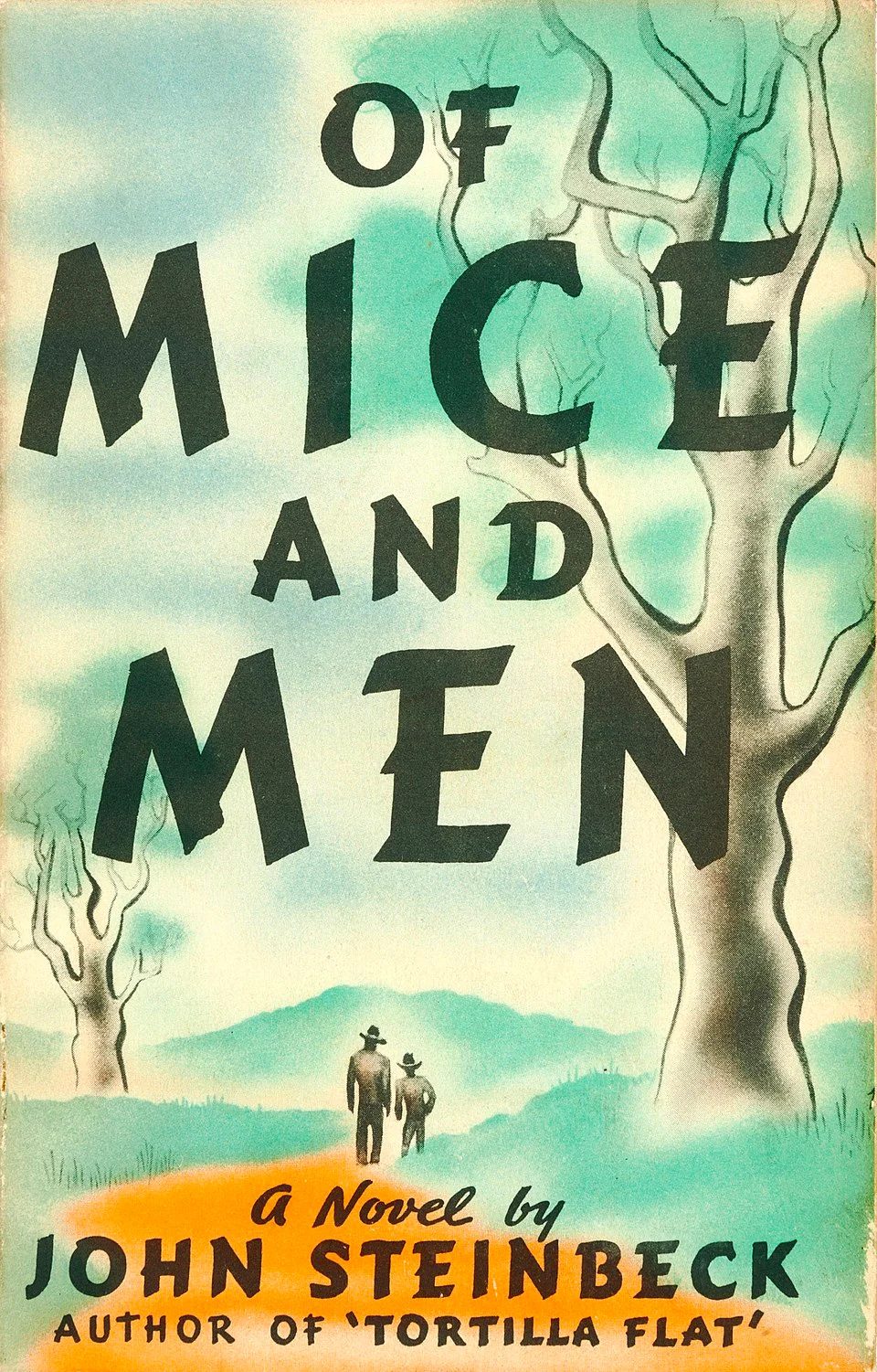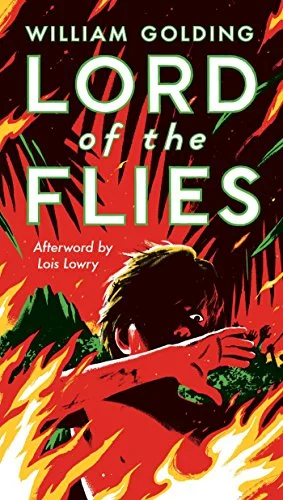John Steinbeck’s novella Of Mice and Men has captivated readers for decades, not just for its exploration of friendship and dreams, but for its devastating conclusion.
The ending strikes a particularly raw emotional chord, leaving a lasting impression on anyone who encounters George and Lennie’s story. Several factors contribute to why the ending feels so heartbreaking, from the depth of the characters’ relationship to the cruel shattering of hope.
At its core, Of Mice and Men is a story about companionship in an unforgiving world. George and Lennie, despite their differences, share a bond that is rare among itinerant workers during the Great Depression. They are not just work partners; they are surrogate family. George takes on the role of protector for Lennie, whose mental disability makes him vulnerable in a society that has little tolerance for those who are different. Their dream of owning a piece of land, “living off the fatta the lan’,” represents not just economic independence, but a sanctuary where they can finally be safe and happy.
This dream, however, is fragile from the beginning. Steinbeck meticulously builds the tension throughout the novel, hinting at the inevitable collapse. Lennie’s interactions with others, his inability to control his strength, and the suspicion he arouses among other characters foreshadow tragedy. The audience senses that the world they inhabit is too harsh for Lennie’s innocence to survive. Yet the dream persists, serving as a beacon not only for Lennie and George but for other marginalized characters, like Candy and Crooks, who also yearn for a better life.
The true heartbreak of the ending stems from the collision between this hope and reality. When Lennie accidentally kills Curley’s wife, the possibility of achieving their dream vanishes. George is forced into an impossible position: he must protect Lennie from the wrath of the other men, who would subject him to a violent death, and at the same time recognize that Lennie’s continued existence would only bring more suffering. George’s decision to end Lennie’s life himself is both an act of mercy and of profound sorrow.
One of the most devastating aspects of the conclusion is the way George comforts Lennie in his final moments. He tells Lennie to imagine their dream once more, to focus on the vision of the farm and the rabbits. It is a final gift to Lennie: a peaceful image to hold onto as George raises the gun. The juxtaposition of hope and violence in this moment is almost unbearable. George speaks tenderly, painting a picture of a better future even as he prepares to extinguish it.
The emotional weight is further compounded by the knowledge that George is sacrificing a part of himself. Lennie represents more than just a friend; he embodies George’s own innocence and dreams. By killing Lennie, George is also killing his own hope for a different life. Afterward, George is left isolated, with no prospect of fulfilling the dream they shared. His grief is not openly expressed in dramatic outbursts; it is understated, shown through his silent acceptance and the numbness that follows.
Another layer of heartbreak comes from the societal context. Steinbeck paints a grim picture of America during the Depression era, a world where dreams are crushed by economic hardship and prejudice. The system does not allow for mercy or forgiveness. Lennie, with his childlike wonder, is incompatible with the brutal reality around him. The tragedy lies not only in Lennie’s death but in the idea that his fate was almost inevitable in such a world.
The reactions of the other characters at the end also deepen the sense of tragedy. Slim, who arguably understands George’s pain more than anyone else, offers quiet compassion. His simple words, “You hadda, George,” acknowledge the moral complexity of George’s decision. In contrast, Carlson and Curley remain oblivious to the emotional gravity of the situation. Carlson’s final line, “Now what the hell ya suppose is eatin’ them two guys?” underscores the broader societal numbness to individual suffering. In a world stripped of empathy, George’s act of mercy becomes all the more poignant.
Steinbeck’s writing style also plays a crucial role in amplifying the heartbreak. His prose is direct, economical, yet laden with emotional resonance. There are no melodramatic flourishes; the power of the ending comes from its stark simplicity. The narrative forces the reader to sit with the discomfort, to grapple with the moral ambiguity and the overwhelming sadness without offering easy answers.
The title of the novella itself, Of Mice and Men, borrowed from Robert Burns’ poem “To a Mouse,” hints at the fragile nature of human plans. The poem laments how even the best-laid schemes often go awry, a sentiment that permeates George and Lennie’s story. Their aspirations, though sincere and fervent, are doomed by forces beyond their control. The ending fulfills the fatalistic undertone suggested by the title, reinforcing the heartbreak.
Ultimately, the ending of Of Mice and Men is so heartbreaking because it encapsulates the collision between idealism and reality, between the human need for connection and the harshness of the world. George and Lennie’s friendship offers a glimmer of hope in a desolate landscape, but the novel’s conclusion reminds us that in certain times and places, even the purest dreams cannot survive.
Readers are left not only mourning Lennie but mourning what his death symbolizes: the loss of innocence, the destruction of hope, and the loneliness that pervades human existence. Steinbeck’s ability to weave these universal themes into a personal, intimate story is what makes the ending of Of Mice and Men resonate so deeply and remain one of the most heartrending conclusions in American literature.


